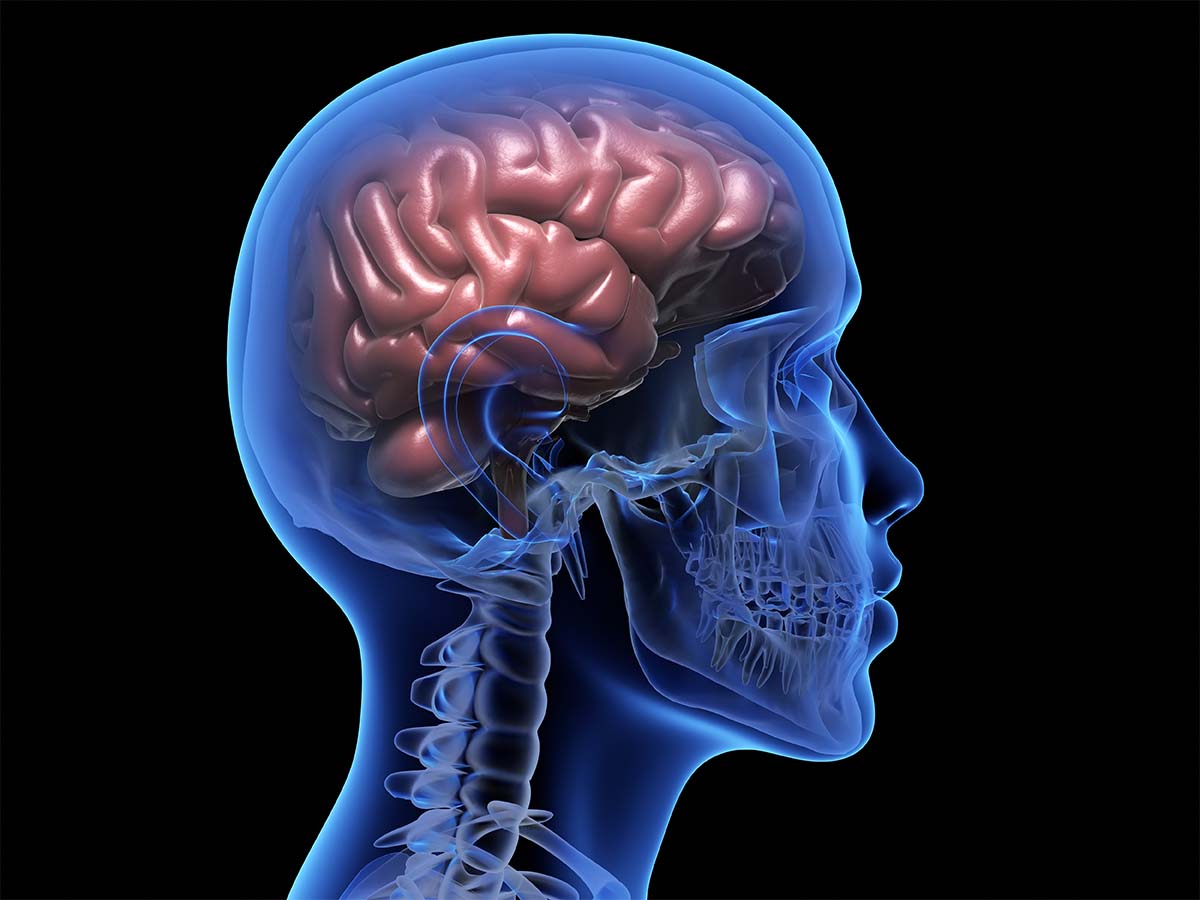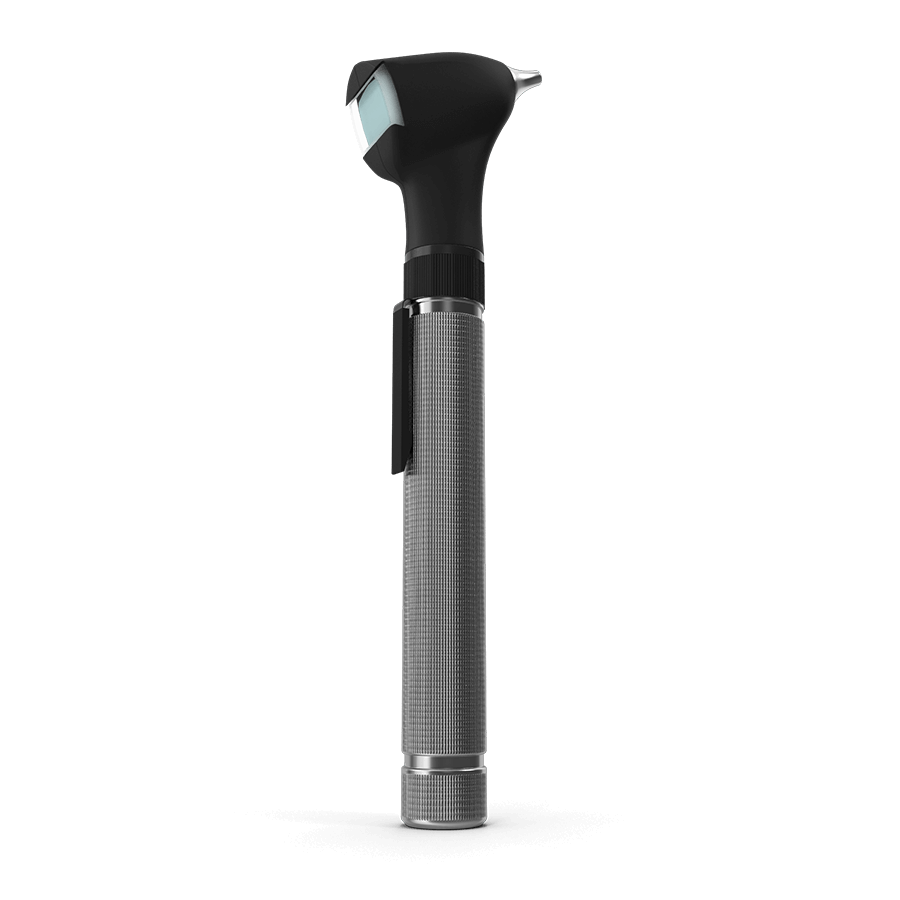Table of Contents
Introduction
Hearing is more than just a way to connect with the world — it’s a crucial part of how our brain processes and understands information. Yet, many people dismiss early hearing difficulties as a minor inconvenience, unaware of the impact they could potentially have on brain health.
If you’ve noticed that conversations are becoming harder to follow or that you’re feeling more mentally drained after social interactions, your hearing might need a check. Here’s what science says about the connection between hearing and brain function.
Does Hearing Loss Affects the Brain?
The well-documented association between adult-onset hearing loss and cognitive decline / dementia (shortened to hearing loss and dementia for ease of reading) is sometimes interpreted as evidence that hearing loss causes dementia, and that treating hearing loss will reduce the risk of dementia. However, there is currently no good evidence to support (or refute) either of these claims. Excessive attention to association and causality may detract from the need for timely clinical research on identification and treatment of people who live with both hearing loss and dementia, and ensuring audiology becomes a dementia-friendly profession.
The Science Behind Hearing and Dementia
Observational studies have shown that people with greater adult-onset hearing loss are likely to have greater cognitive decline. However, association is not causation. For example, the sales of ice cream and sunglasses show a positive correlation (i.e., as the sales of ice cream increase so does the sales of sunglasses) but this is likely due to a common cause (i.e., the arrival of summer weather). This is not to deny the possibility that adult-onset hearing loss may cause dementia. This could occur due to reduced auditory input or lack of social stimulation (direct or indirect causes, respectively), but this has not been proven. Even if adult-onset hearing loss precedes cognitive decline, this does not rule out a common cause. For example, hearing loss could be a marker of dementia because they both share the same underlying cause e.g., vascular disease. Also, hearing loss may be an early manifestation of dementia rather than hearing loss accelerating dementia (Abidin et al, 2021). There is currently a lack of good quality evidence to settle this question.
What we can say for sure is that hearing loss:
- Reduces your ability to communicate with ease.
- Means your brain may need to work harder to understand what is being said.
- Can limit your social interactions and lead to frustration, fatigue, isolation, loneliness, anxiety and depression.

Can Treating Hearing Loss Prevent Cognitive Decline?
Based on current evidence, we can say that hearing loss is associated with an increased risk of developing dementia. The additional risk is small. However, there is no good evidence that hearing loss causes dementia.
The Aging and Cognitive Health Evaluation in Elders (ACHIEVE) RCT investigated use of hearing aids as part of a comprehensive hearing intervention programme, on cognitive decline among a group of people with adult-onset hearing loss (Lin et al, 2023). The main finding of ACHIEVE was negative; i.e., after three years of using hearing aids there was no slowing of cognitive decline. Rates of cognitive decline were the same 6 in the control group of non-hearing aid users as in the intervention group. As such, there is no convincing evidence that hearing interventions reduce the risk of dementia in the general population.
Nonetheless there are benefits of an audiology intervention:
- Make spoken communication easier and will improve your quality of life.
- Keep you socially engaged, and this will help you live better.
- Make listening less effortful.
Early intervention is key. The longer hearing loss goes untreated, the harder it becomes for the brain to adjust to new auditory input, even with the best hearing technology.
Taking Action for Your Brain and Hearing Health
If you’ve noticed signs of hearing loss – such as difficulty following conversations, frequently asking people to repeat themselves, or feeling exhausted after social interactions – it’s important to take action.
A simple hearing evaluation can provide clarity on your hearing status. Modern hearing solutions, like the Styletto IX, offer discreet, advanced technology designed to enhance clarity and reduce listening effort, keeping both your hearing and brain function sharp.
References
Alain, C. et al. (2018). The Role of Hearing in Cognitive Aging. The Hearing Journal.









